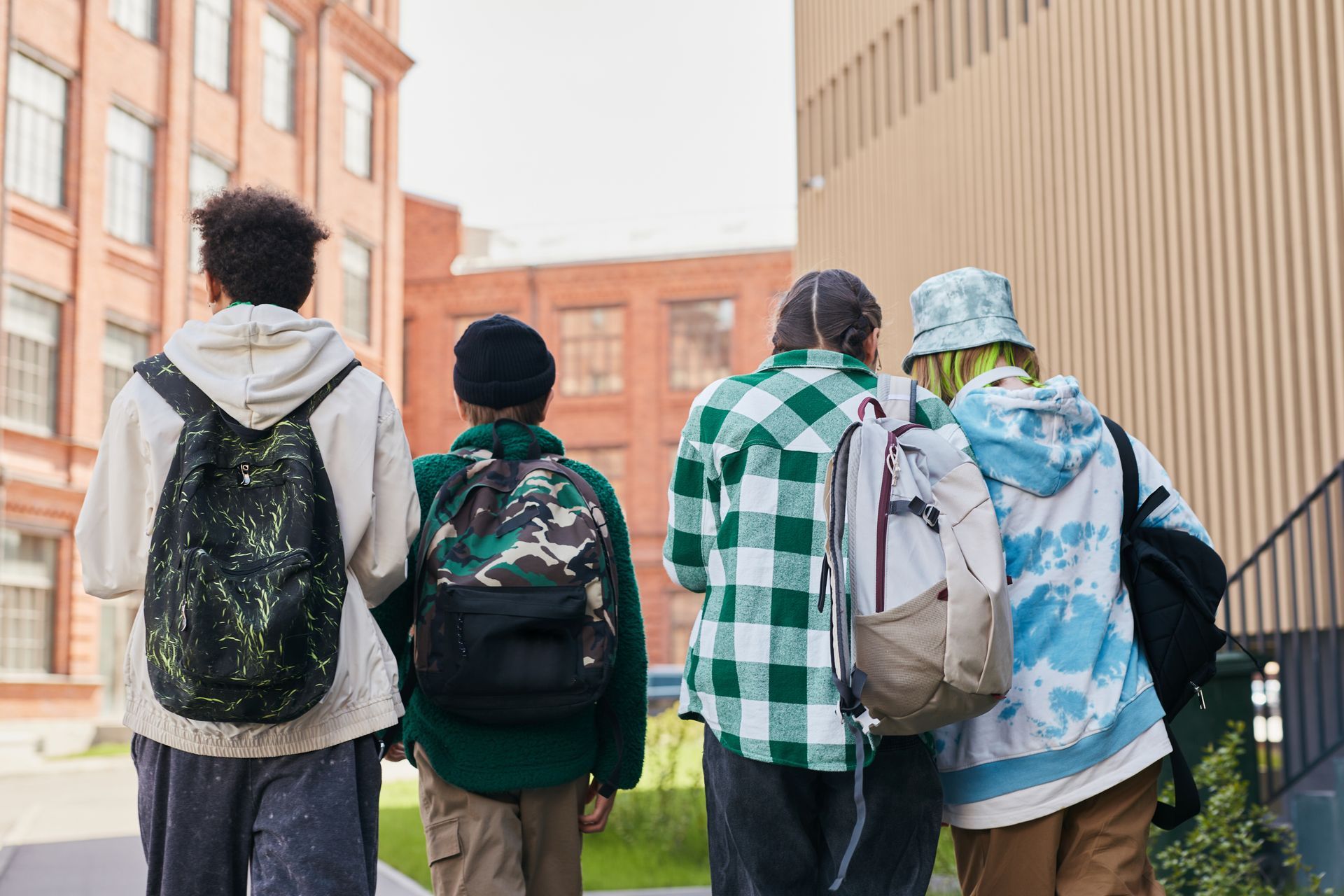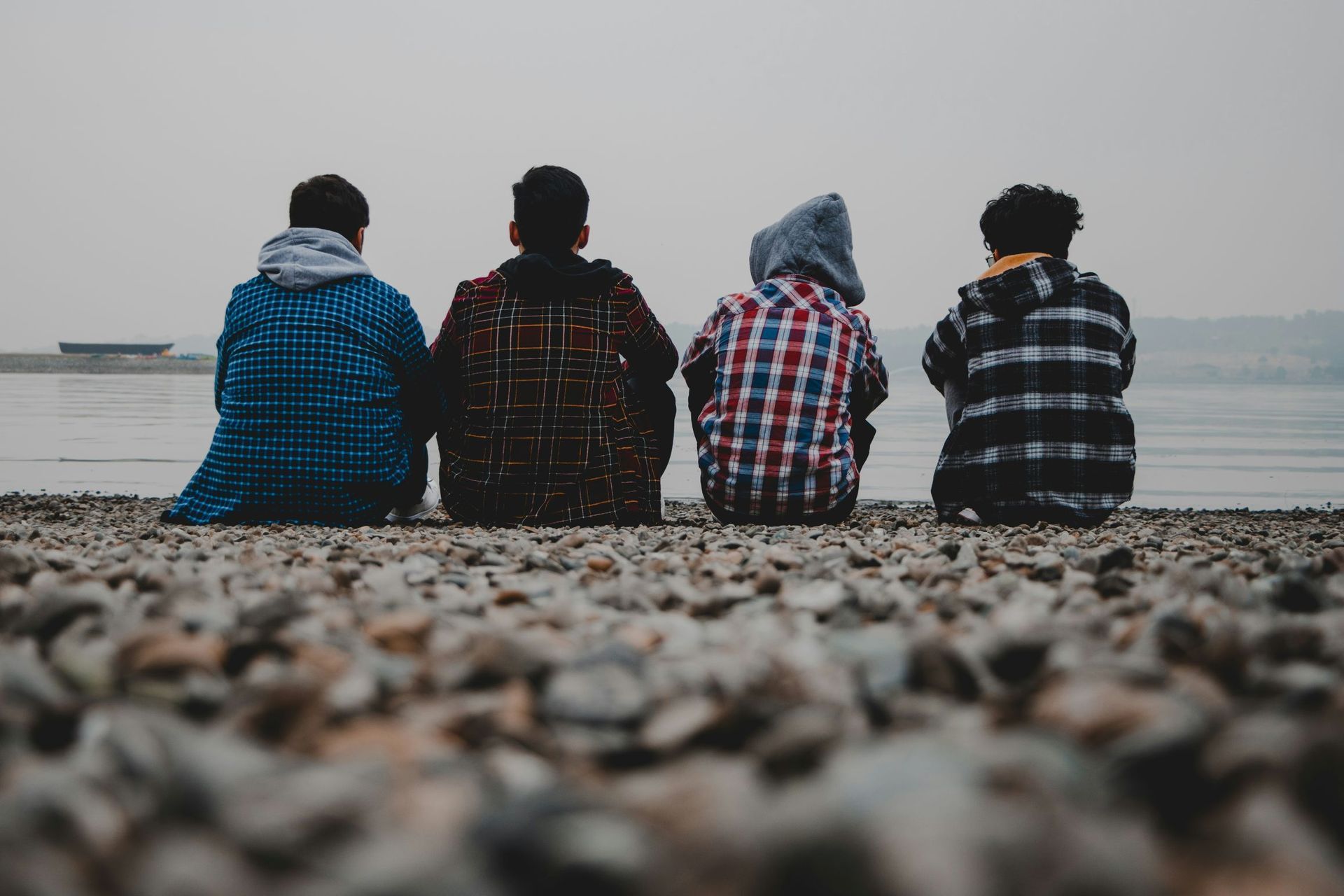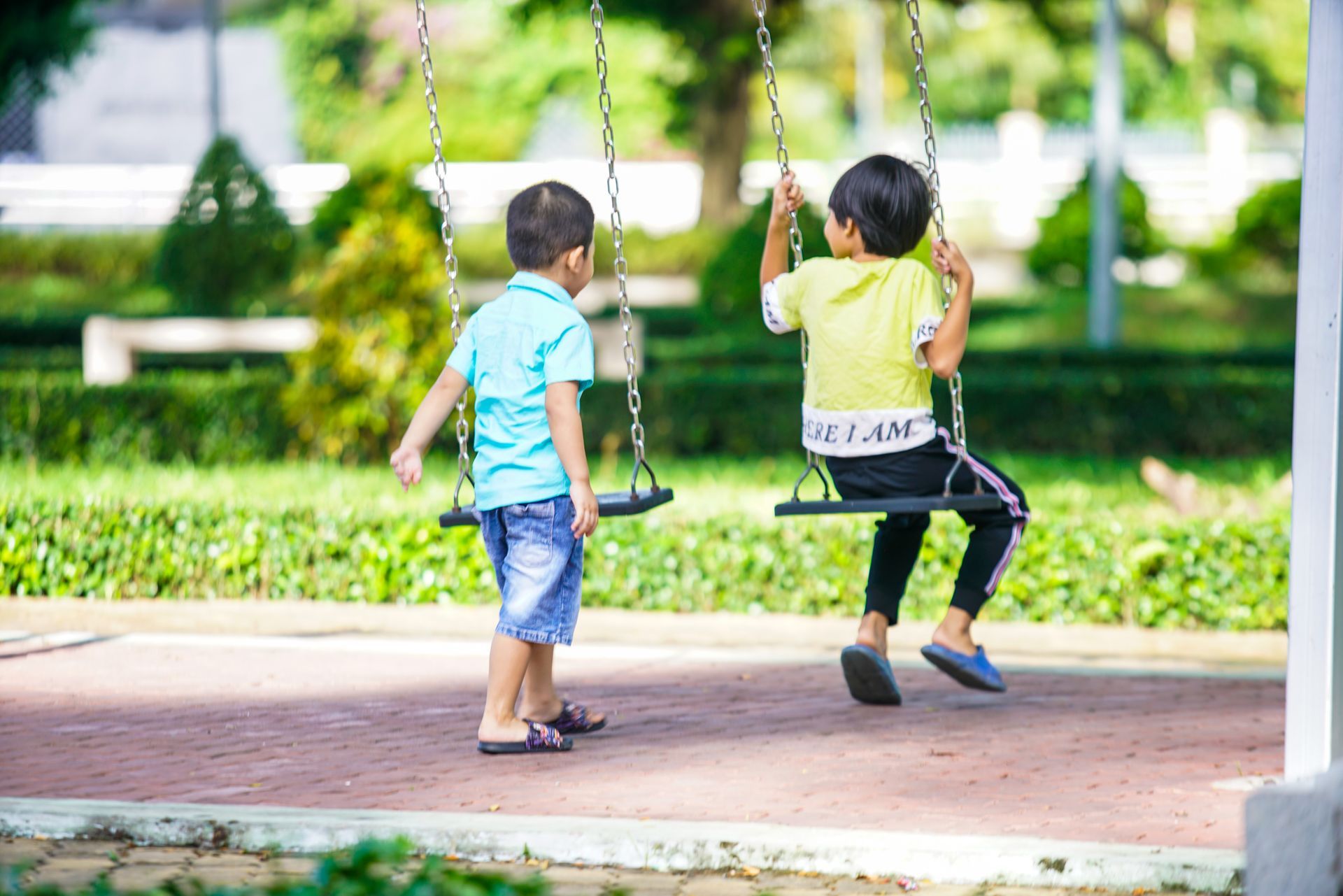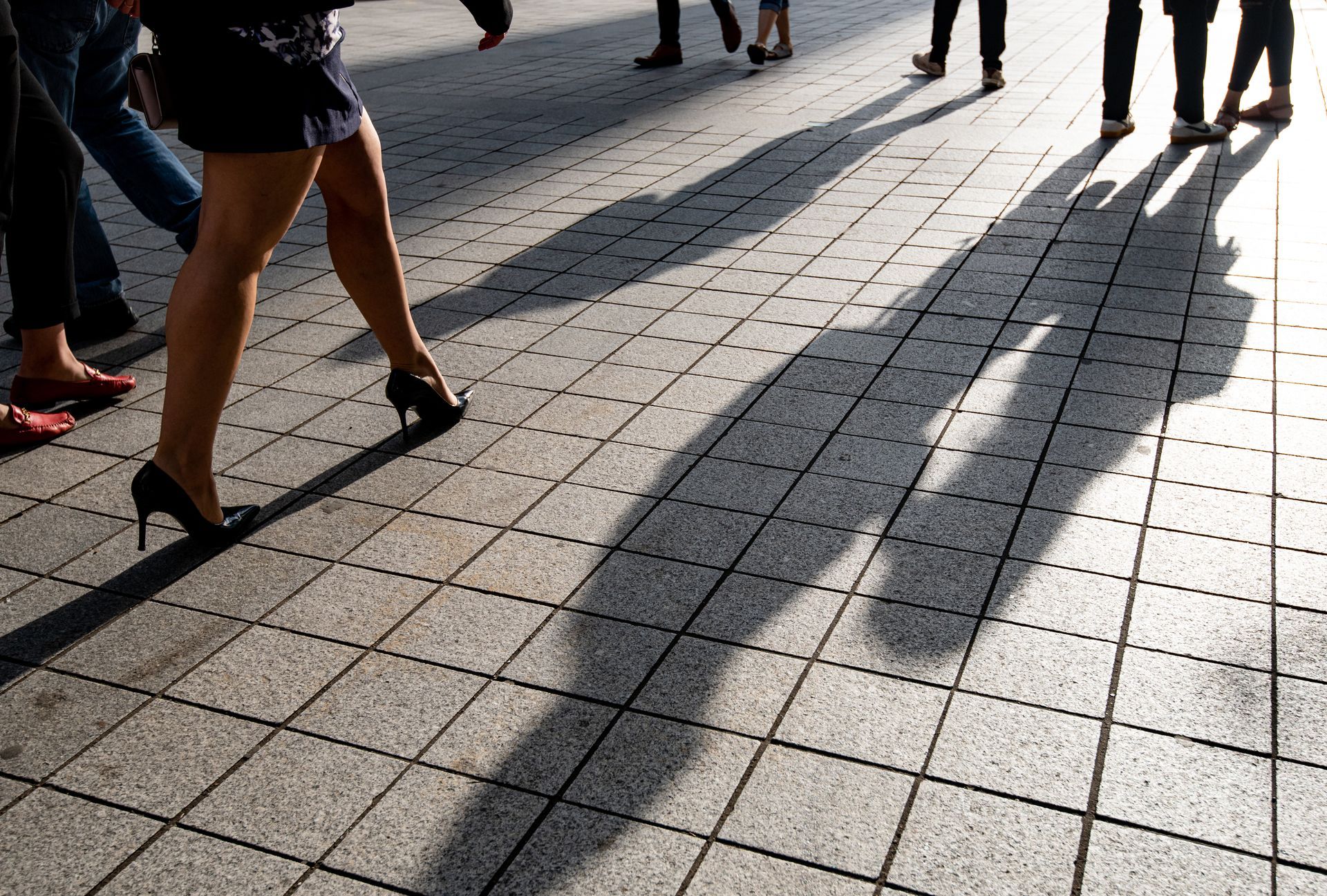Examining Sexual Predator Laws in Orlando, Florida to Promote the Community's Well-Being
In the vibrant city of Orlando, Florida, where family-friendly attractions and a bustling community converge, there lies an unfortunate reality that lurks beneath the surface: sexual predators. As communities strive to prioritize their well-being and safeguard the vulnerable members within them, it becomes increasingly important to critically examine the sexual predator laws in place. This blog delves into a comprehensive examination of these laws in Orlando, exploring their efficiency in protecting public safety while ensuring the fundamental rights of all individuals involved. By shedding light on this pressing issue and addressing potential areas for improvement, we aim to contribute to fostering a safer environment for each member of our cherished community.
The History of Sexual Predator Laws in Orlando, Florida
- In the late 1990s, the state of Florida recognized a growing concern for public safety and implemented stricter legislation to address sexual predators within communities.
- These laws were aimed at safeguarding the well-being of residents, especially vulnerable populations such as children and individuals with disabilities.
- In 1997, Florida enacted its first "Jimmy Ryce Act" which allowed for civil commitment of sexual offenders who were deemed to be a risk to society even after completing their criminal sentences. This act authorized involuntary confinement and treatment for those classified as sexually violent predators (SVPs).
- Consequently, community supervision measures like registration and notification requirements were introduced, requiring convicted sex offenders/predators to report personal information periodically.
Current Sexual Predator Laws and their Impact on Public Safety
Sexual predator laws in Orlando, Florida have significantly impacted public safety. These laws serve to protect the community by imposing stricter regulations on individuals convicted of sexual offenses. One way these laws work is through mandatory registration and monitoring of sex offenders.
Registration: Convicted sex offenders are required to register with local law enforcement agencies, providing crucial information such as their address and employment details. This allows authorities to keep track of their whereabouts and notify the community if a registered offender moves into their neighborhood.
Monitoring: In addition to registration, sexual predator laws also mandate ongoing monitoring of sex offenders' activities. This may include regularly checking in with probation officers or wearing GPS tracking devices. By closely surveilling these individuals, authorities can prevent them from engaging in further criminal behavior.
Overall, these current sexual predator laws play a vital role in ensuring public safety by making it easier for law enforcement agencies to monitor convicted offenders within the community.
Proposed Reforms and Future Directions for Sexual Predator Laws in Orlando, Florida
Increased supervision and monitoring: One possible reform is to enhance the level of supervision and monitoring of sexual predators living in Orlando. This could involve stricter curfew requirements, more frequent check-ins with law enforcement, and the use of electronic monitoring devices such as ankle bracelets.
Strengthening residency restrictions: Another important reform is to strengthen residency restrictions for sexual predators. This would involve implementing buffer zones around schools, parks, playgrounds, and other areas where children are likely to be present. By creating these restricted areas, it helps to ensure that sexual predators have limited access to potential victims.
Enhanced public awareness campaigns: In order to further protect the community's well-being from sexual predators in Orlando, there should be heightened efforts towards public awareness campaigns. These campaigns would aim at educating both adults and children about how they can recognize signs of potential danger and what steps they should take if they suspect someone might be a predator. The focus on prevention through education can play a vital role in creating safer environments for everyone.
Conclusion
Our society has been negatively impacted by sexual predators for years. With greater supervision and more restrictions, it may be possible to create a safer community in the city of Orlando. Laws include harsh penalties through prison time, fines and lifelong restrictions. By understanding what the law entails, you can advocate for your friends and family members who may be dealing with this terrible problem.
If you want to learn more about sexual predator laws in Orlando, Florida, contact
Hanlon Law. Hanlon Law will inform you about how victims are protected and under what laws.
Contact us today to schedule a consultation.












